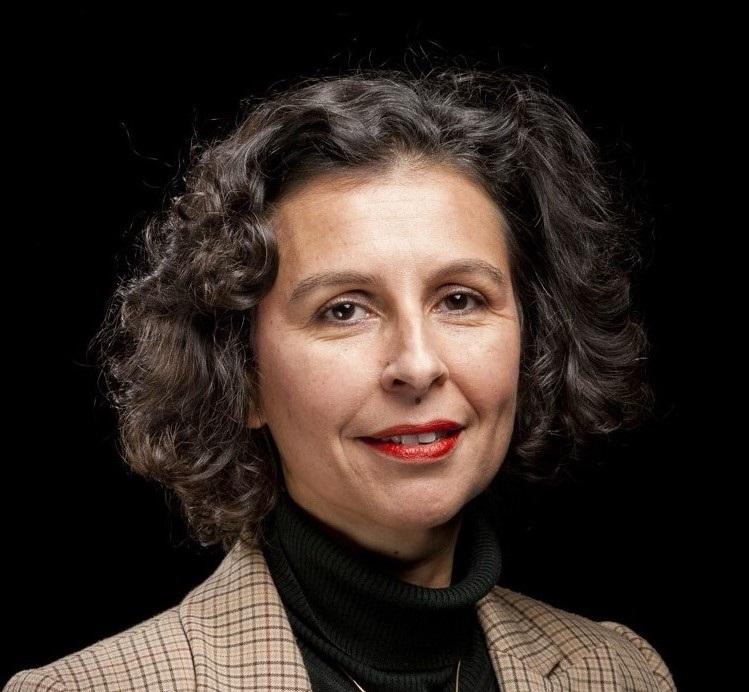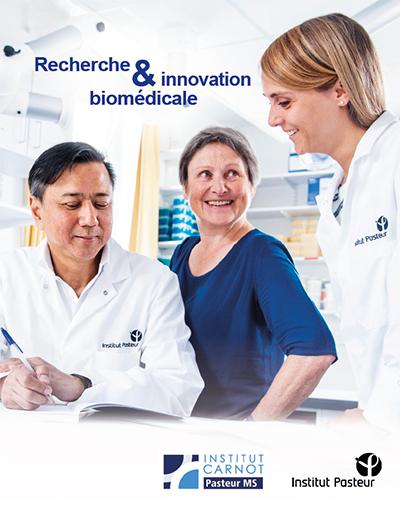Promoting technology transfer
The Research Applications and Industrial Relations Department (DARRI) turns Institut Pasteur technologies and innovations into progress in diagnosis, vaccines, therapy and technology for the benefit of patients:
- by developing industrial partnerships and with investment funds,
- by promoting Institut Pasteur discoveries,
- by protecting these innovations (invention disclosures, patent applications, etc.),
- by transferring these inventions to industrial partners in France and abroad (licensing agreements on filed patents, research partnerships, creation of start-up businesses, etc.).
Technology transfer and the development of industrial partnerships are among the Institut Pasteur’s historical callings. They generate essential resources for the Institut Pasteur, boost funding for new projects, and benefit public health.
To successfully fulfill its role, the DARRI has many strengths, including:
- the Institut Pasteur is home to the "Pasteur Microbes and Health" Carnot Institute. Carnot Institutes are organizations that are efficient in forging links with industrial stakeholders in their areas of expertise. This is the case of the Institut Pasteur, which is renowned for its ability to foster innovation and research partnerships in microbiology and human health.
- Bioaster, the Technology Research Institute funded under the French 'Grand Loan' plan and specialized in technological innovation in microbiology, which is supported by top level academic and industrial partners — CEA, CNRS, Inserm, Danone Nutricia Research, Institut Mérieux and Sanofi Pasteur.
- a global technology transfer team within the Institut Pasteur International Network.
The Institut Pasteur is in the top 10* best institutions worldwide in terms of patent registration.
*Research Biotech Patenting 2014, Brady Huggett & Kathryn Paisner Nature Biotechnology, July 2015.

Isabelle Buckle
Director of the Research Applications and Industrial Relations Department (DARRI)
Innovation protection promotes the Institut Pasteur’s vast scientific expertise. Industrial partnerships [licenses] enable patients to benefit from these discoveries through the development of diagnostic tools or new treatments. Industrial partnerships [collaboration agreements] also enable us to directly fund effective research that meets both global public health challenges and the need for knowledge of fundamental processes.
The Microbes & Health Pasteur Carnot InstituteCarnot Institutes are public research bodies recognized by the French Ministry of Higher Education, Research and Innovation for their commitment to developing R&D that drives industrial innovation. The Microbes & Health Pasteur Carnot Institute is composed of the six Institut Pasteur departments that deal primarily with infectious diseases (Cell Biology and Infection, Microbiology, Mycology, Parasites and Insect Vectors, Global Health and Virology); the units dealing with immunology and neuroscience are also associated with the institute. The aim is to develop scientific and technological innovations in fields related to infectious and chronic diseases, antimicrobial resistance and the role of the microbiota in health. These activities are firmly in line with the Institut Pasteur 2019-2023 Strategic Plan in the area of technology transfer, with the aim of developing research applications and boosting partnerships with industry. |



